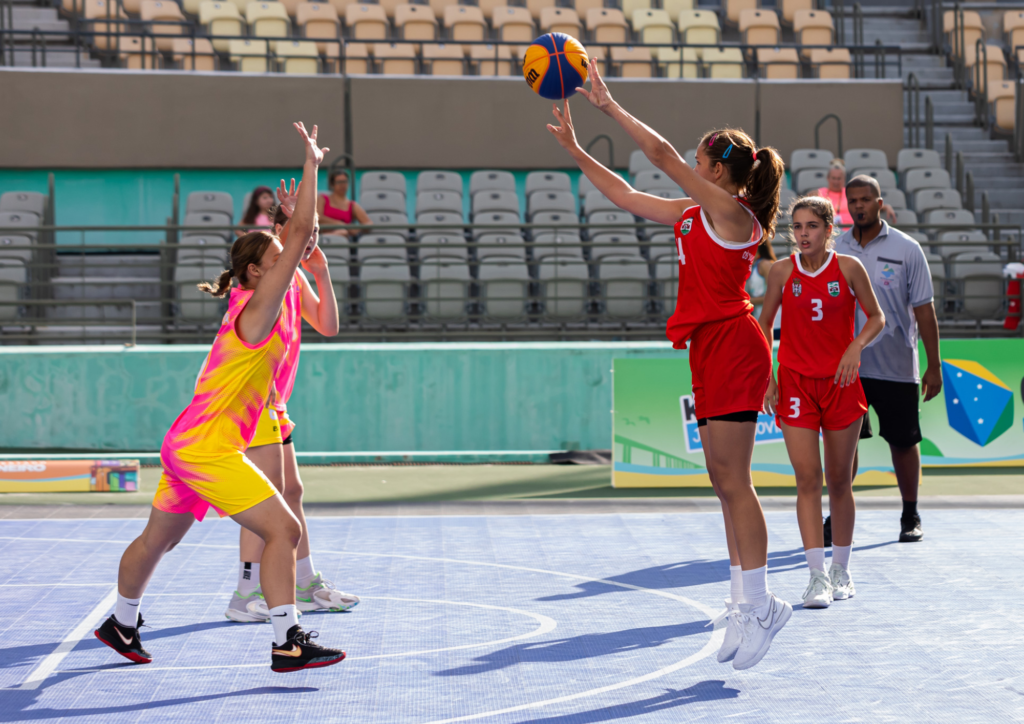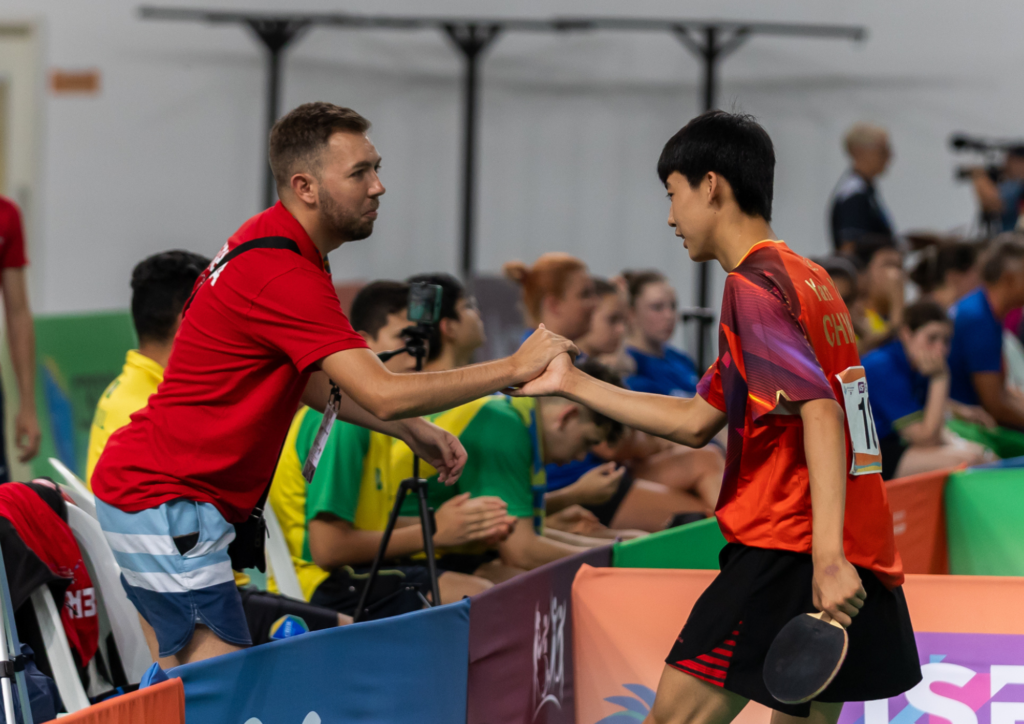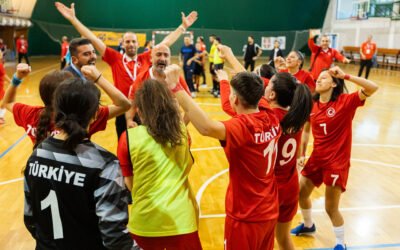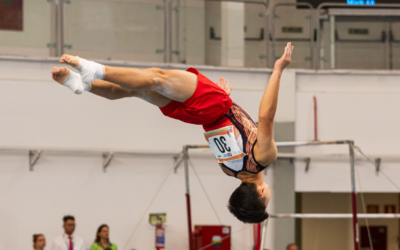How Cheering, High-Fives, and Helping Teammates Become Real Super Skills
When most people think of sport, they picture goals, points, and trophies.
But there’s another side of sport that’s just as powerful—one that isn’t measured on a scoreboard: kindness.
At the School Sport Foundation (SSF), we believe kindness isn’t just something nice that happens during a game. It can become the game itself—a real sport with rules, moves, and champions.
Let’s explore how cheering, high-fives, and helping others can turn into one of the strongest team skills a child can develop.
What Is the Sport of Kindness?
The Sport of Kindness is about positive actions that spread energy and support, just like a great pass or a perfect kick.
Think about it:
- A teammate picks you up when you fall.
- Someone cheers for the opposing team’s great shot.
- Players help younger kids learn the game.
These moments of care create the invisible teamwork that makes any game better.
Kindness becomes the move that changes everything—helping everyone feel included, valued, and ready to play again tomorrow.

How Kindness Works Like a Skill
Kindness isn’t random. It’s something you can practice, train, and strengthen, just like running or shooting hoops.
- Repetition builds habit. The more you give high-fives or encouraging words, the more natural it becomes.
- Observation improves technique. Watching how others support teammates teaches you new ways to help.
- Feedback matters. When someone smiles or says “thanks,” your brain remembers that action as something worth repeating.
Every act of kindness draws a stronger “map” in the brain—just like muscle memory for a perfect pass.
Moves in the Kindness Game
Here are some “plays” every young Kindness Athlete can master:
- The Cheer Assist – Celebrate great plays from anyone, not just your team.
- High-Five Relay – At practice or games, make sure everyone gets at least one encouraging high-five.
- Help & Teach Drill – Take a moment to explain a rule or show a move to someone new.
- Positive Timeout – If a game gets tense, call a quick break to share one thing you like about how the team is playing.
Just like in sports, the more creative your kindness plays, the stronger your team becomes.
Why Kindness Makes You a Better Athlete
Kindness doesn’t only make games friendlier—it builds real athletic power.
- Stronger Teams: Players who trust and support each other play with more confidence.
- Better Focus: Encouragement lowers stress, which helps kids concentrate and stay calm.
- Lasting Joy: Wins feel sweeter, and losses hurt less, when everyone feels included.
Research shows that teams with positive energy perform better because they move as one, not as individuals.

Spreading the Game Beyond the Field
The Sport of Kindness doesn’t end when the whistle blows.
- At school, it looks like helping a classmate with homework.
- At home, it’s thanking someone for cooking or cleaning.
- Online, it’s sending a friendly message or sharing encouraging words.
Every place where kids gather can become a kindness field.
In Conclusion
Trophies and scores may fade, but the habits of kindness last forever.
By treating kindness as a sport—one that everyone can join—kids grow into teammates who make every field, court, and classroom better.
So the next time you cheer, share, or help, remember:
You’re not just being nice.
You’re playing—and winning—the Sport of Kindness.




